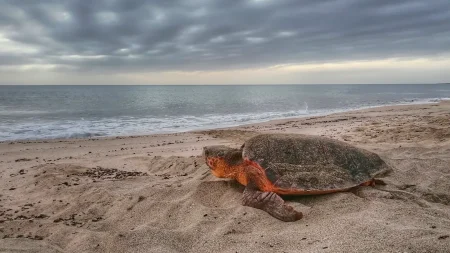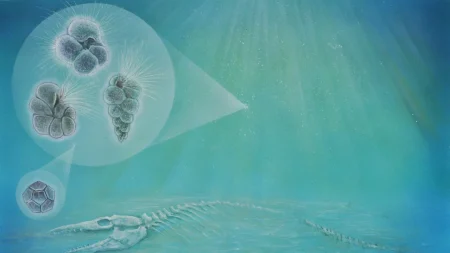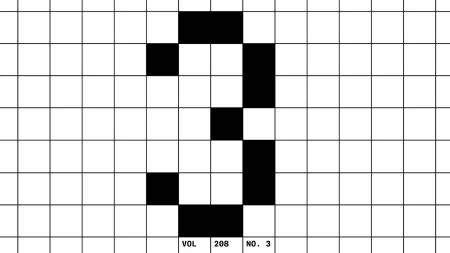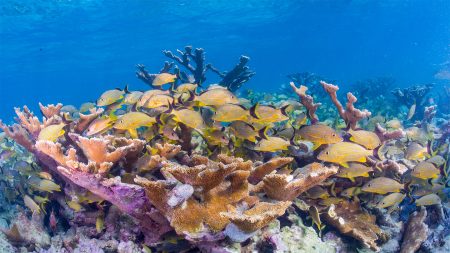McKenzie Prillaman: Science Communicator Bridging Neuroscience and Journalism
McKenzie Prillaman represents the new generation of science communicators who bring specialized academic training to the field of journalism. Based in Washington, DC, she has established herself as a respected voice in science and health reporting. Her educational background uniquely positions her at the intersection of laboratory science and public communication—holding a bachelor’s degree in neuroscience from the University of Virginia and a master’s degree in science communication from the University of California, Santa Cruz. This combination of scientific literacy and communication expertise allows her to translate complex research into accessible stories for general audiences.
Prillaman’s career trajectory illustrates the evolving pathway for scientists interested in public engagement. Rather than pursuing traditional research, she chose to apply her scientific training to journalism, recognizing the critical importance of accurate science reporting in today’s information ecosystem. Her internship at Science News in spring 2023 marked an important step in this journey, providing her with a platform to develop her distinctive voice while working with established science journalists. This professional development experience allowed her to refine her ability to identify newsworthy scientific developments and communicate them effectively to non-specialist audiences.
The field of neuroscience that formed Prillaman’s academic foundation is particularly challenging to communicate to general audiences. The brain’s complexity, with its estimated 86 billion neurons forming trillions of connections, creates a communication challenge that requires both scientific precision and narrative skill. Her specialized knowledge in this area enables her to evaluate research claims critically while contextualizing findings within the broader neuroscientific understanding. This expertise is especially valuable given the public fascination with brain research and the frequent oversimplification of neuroscience in popular media.
Science communication as practiced by professionals like Prillaman plays an essential societal role, particularly in an era of widespread misinformation. By making scientific concepts and discoveries accessible, she helps bridge the gap between researchers and the public, fostering greater scientific literacy. Her work likely addresses topics ranging from breakthrough medical research to environmental science, public health developments, and emerging technologies. Through careful reporting that maintains scientific accuracy while engaging general readers, she contributes to a more informed public discourse on science-related issues that affect daily life.
Washington, DC provides a strategic location for Prillaman’s work, positioning her at the nexus of science policy, research institutions, and national media. The capital region hosts influential organizations including the National Institutes of Health, the National Science Foundation, and numerous research universities, offering abundant sources and stories. This environment allows her to develop expertise not only in communicating scientific findings but also in reporting on how science intersects with policy decisions, regulatory frameworks, and funding priorities. Her presence in this ecosystem reflects the growing importance of science journalism in informing both public understanding and policy development.
As science continues to advance at an accelerating pace, communicators like McKenzie Prillaman serve as essential translators, helping society navigate complex technical developments and their implications. Her combination of specialized scientific knowledge and journalistic skills exemplifies the evolving profession of science communication—one that requires both deep subject matter expertise and the ability to craft compelling narratives. Through her work, she contributes to scientific literacy while helping to maintain the crucial connection between research communities and the broader public, ensuring that scientific progress remains accessible rather than isolated within academic circles.















